cheapest option for a house I'm selling?
mr_dove
11 years ago
Related Stories
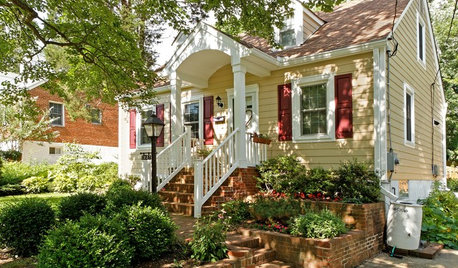
SELLING YOUR HOUSESell Your Home Fast: 21 Staging Tips
Successful staging is key to selling your home quickly and at the best price. From cleaning to styling, these tips can help
Full Story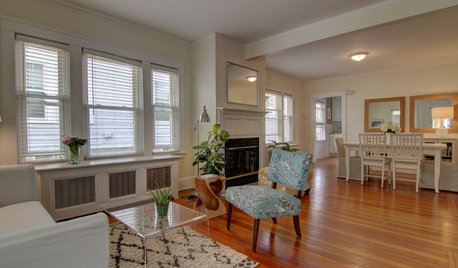
SELLING YOUR HOUSEA Moving Diary: Lessons From Selling My Home
After 79 days of home cleaning, staging and — at last — selling, a mom comes away with a top must-do for her next abode
Full Story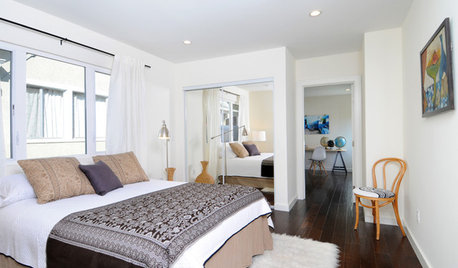
SELLING YOUR HOUSEHome Staging to Sell: The Latest Techniques That Really Work
Get up to speed on the best ways to appeal to potential buyers through accessories, furniture, colors and more
Full Story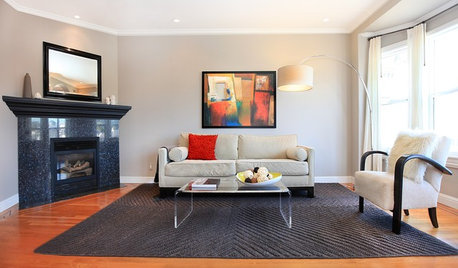
DECORATING GUIDESStage Your Home and Sell it Fast
11 ways to prep your house for more offers and a quicker sale
Full Story
DECORATING GUIDES7 Tips to Sell Your Home Faster to a Younger Buyer
Draw today's home buyers by appealing to their tastes, with these guidelines from an expert decorator
Full Story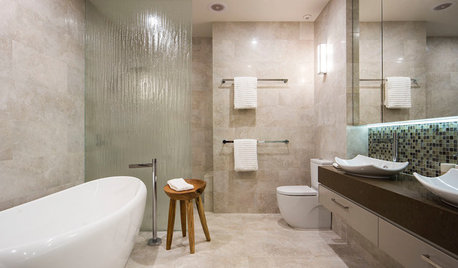
SELLING YOUR HOUSE10 Tricks to Help Your Bathroom Sell Your House
As with the kitchen, the bathroom is always a high priority for home buyers. Here’s how to showcase your bathroom so it looks its best
Full Story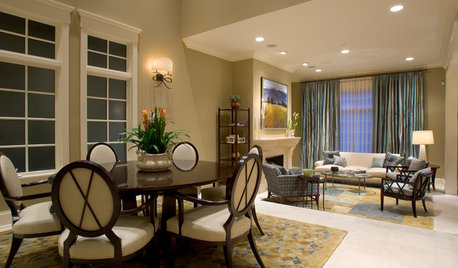
SELLING YOUR HOUSE5 Savvy Fixes to Help Your Home Sell
Get the maximum return on your spruce-up dollars by putting your money in the areas buyers care most about
Full Story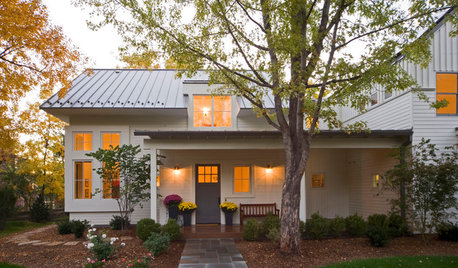
SELLING YOUR HOUSEHelp for Selling Your Home Faster — and Maybe for More
Prep your home properly before you put it on the market. Learn what tasks are worth the money and the best pros for the jobs
Full Story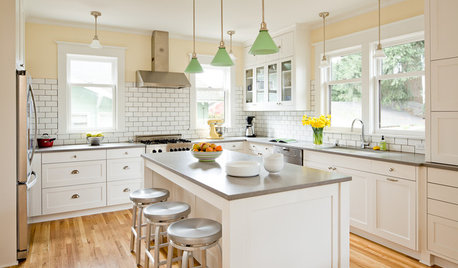
MOVINGThe All-in-One-Place Guide to Selling Your Home and Moving
Stay organized with this advice on what to do when you change homes
Full Story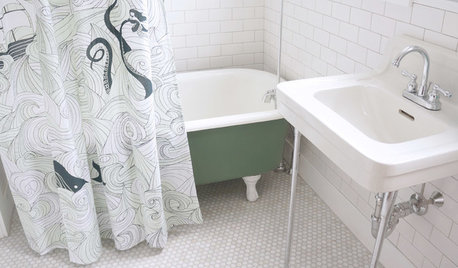
BATHROOM MAKEOVERSRoom of the Day: See the Bathroom That Helped a House Sell in a Day
Sophisticated but sensitive bathroom upgrades help a century-old house move fast on the market
Full StoryMore Discussions






AffordableComfort
mike_home
Related Professionals
Phoenix Solar Energy Systems · Bridgeport Solar Energy Systems · Freeport Solar Energy Systems · Hanover Home Automation & Home Media · Pine Hills Home Automation & Home Media · Potomac Home Automation & Home Media · Saint Augustine Home Automation & Home Media · Saint Augustine Home Automation & Home Media · San Mateo Home Automation & Home Media · Scottsdale Home Automation & Home Media · Thornton Home Automation & Home Media · Walnut Creek Home Automation & Home Media · South Euclid Home Automation & Home Media · Markham Electricians · Lake Arrowhead Fireplacesenergy_rater_la
cindywhitall
mr_doveOriginal Author
fsq4cw
energy_rater_la
mike_home
Elmer J Fudd
Elmer J Fudd
mike_home
Elmer J Fudd
energy_rater_la
Elmer J Fudd
countryboymo
david_cary
mike_home
Elmer J Fudd
mike_home
energy_rater_la
Elmer J Fudd
david_cary
energy_rater_la
Elmer J Fudd
neohioheatpump
david_cary
Elmer J Fudd
weedmeister
countryboymo
Elmer J Fudd